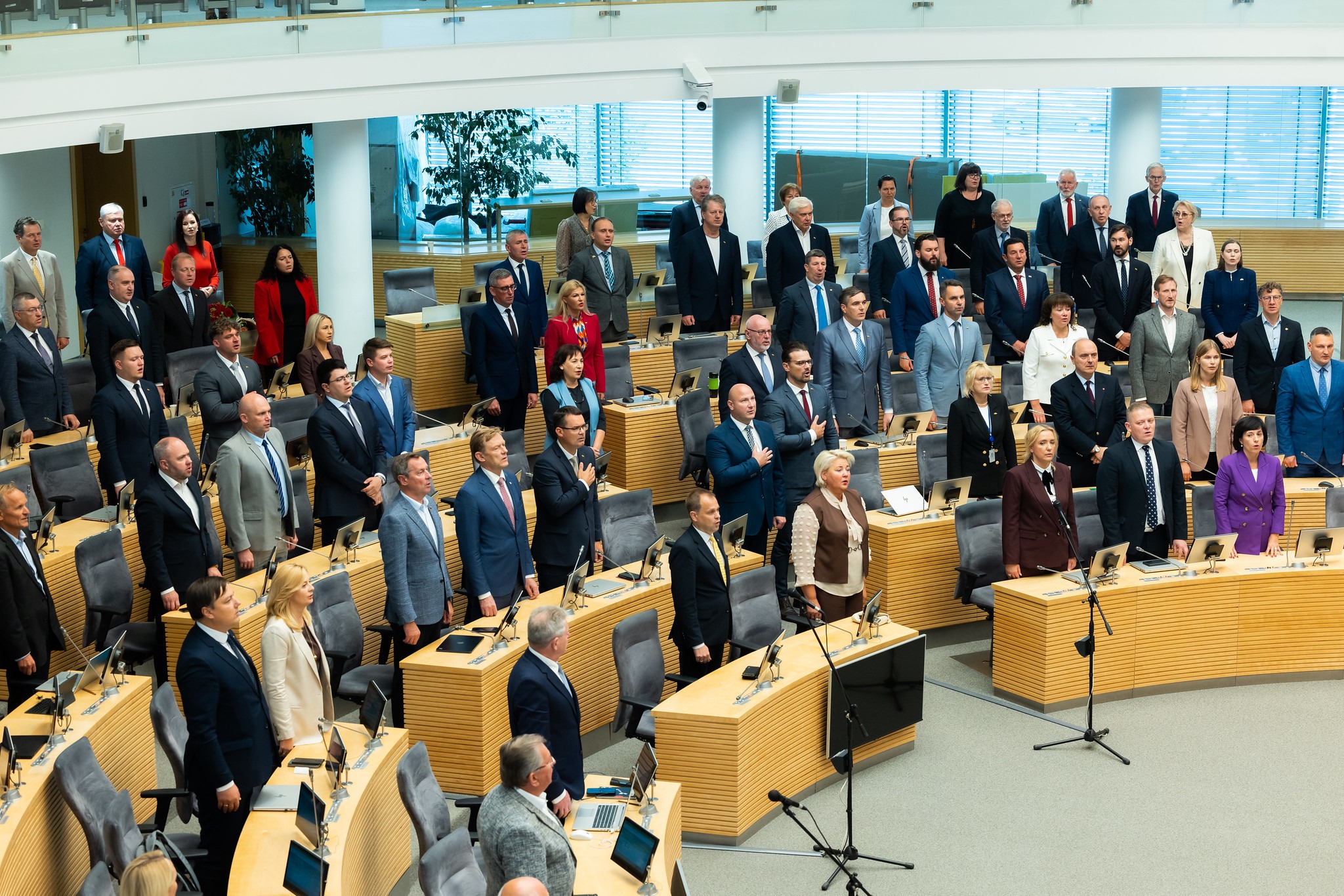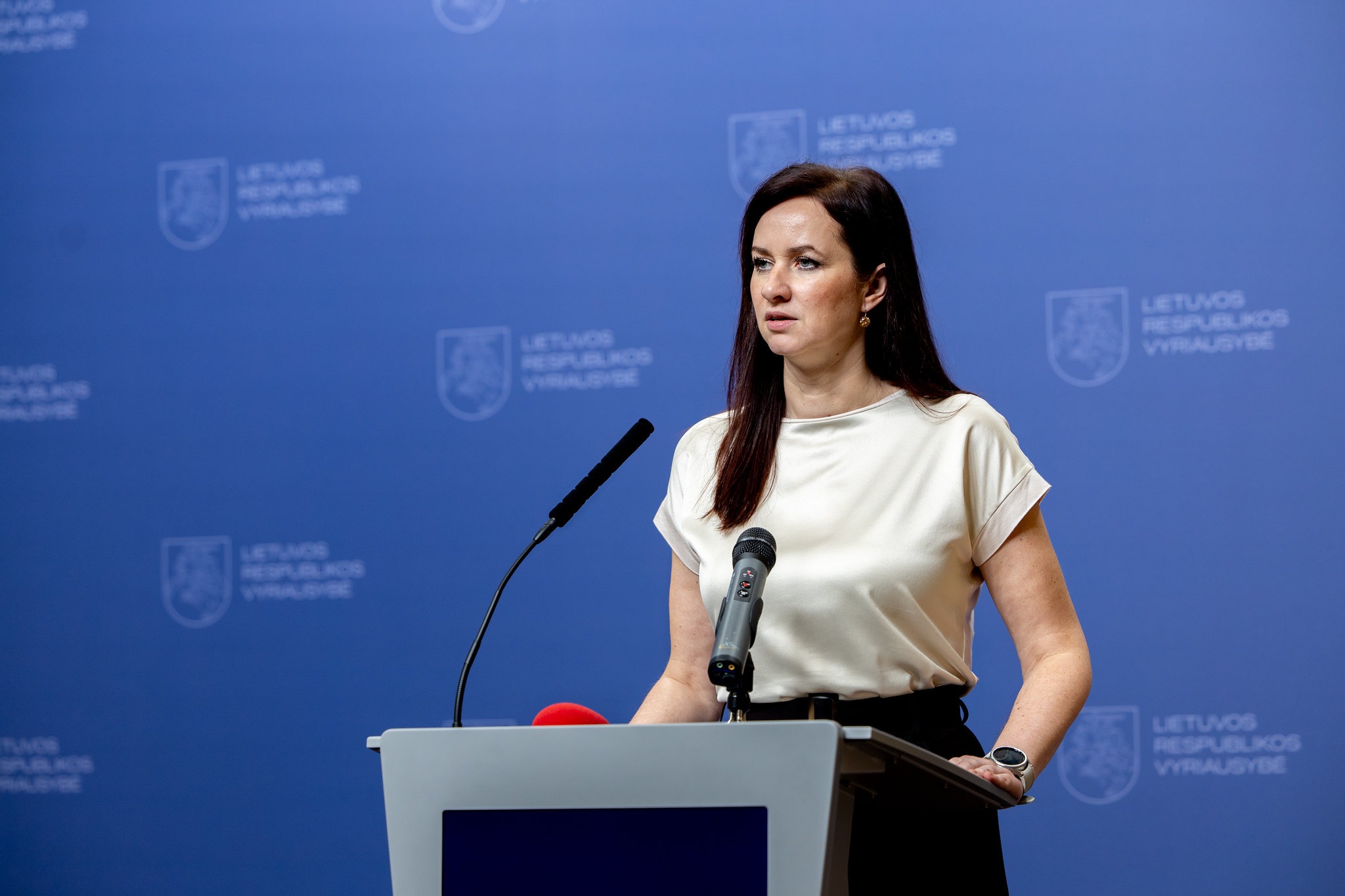
Main narratives:
- The incompetence of the current government;
- Anti-support for Ukraine;
- General anti-government sentiments.
Overview:
Over the week, Kremlin-aligned media in Lithuania heavily amplified the “Day of Shame” protest in Vilnius, which drew thousands of participants. The event was seized by malign actors and their audiences, who portrayed it as a sign of national unrest and deep societal division. Organisers were condemned and accused of deliberately inciting chaos and destabilising the state. Protest participants themselves were also widely mocked and discredited, often labelled as “dim-witted” and “unemployed” individuals, reinforcing a narrative that delegitimises public discontent and ridicules civic activism.
Central to these narratives was the reappearance of conspiracy theories alleging that Lithuania is secretly controlled by a powerful elite, often referred to as the “Landsbergiai clan.” This conspiratorial lens was used to suggest that ordinary citizens are manipulated into action when it suits those in power.
Simultaneously, Kremlin-aligned sources intensified efforts to undermine Lithuania’s support for Ukraine. Narratives framed the government as acting recklessly and without public consent, pushing the country closer to war. Phrases like “Is Lithuania’s foreign policy on autopilot toward a warzone?” were used to question the rationale behind continued military and political support for Ukraine. The aim was clear: to erode public backing by portraying pro-Ukrainian policy as provocative, dangerous, and ultimately not in Lithuania’s national interest.









